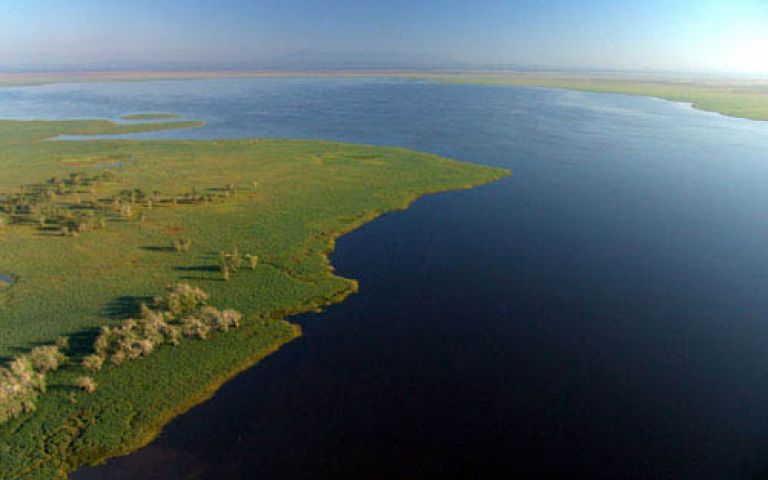Before the Mozambican civil war, Gorongosa National Park was among the top destinations in Africa, with a higher concentration of animals than on the famed Serengeti Plain. But during the war, soldiers and other poachers killed these vast herds, planted landmines and destroyed the park's infrastructure. By the 1990s, the park was all but abandoned. During their reporting of a multi-country series about environment and conflict, reporter Stephanie Hanes and photographer Jeff Barbee heard about an American philanthropist, Greg Carr, who was trying to revitalize Gorongosa.
The park, Carr believed, was the key to lifting this beleaguered region out of poverty. For months, Hanes and Barbee reported on Carr and Gorongosa, looking at the intersection of human rights, environmental preservation and economic development


